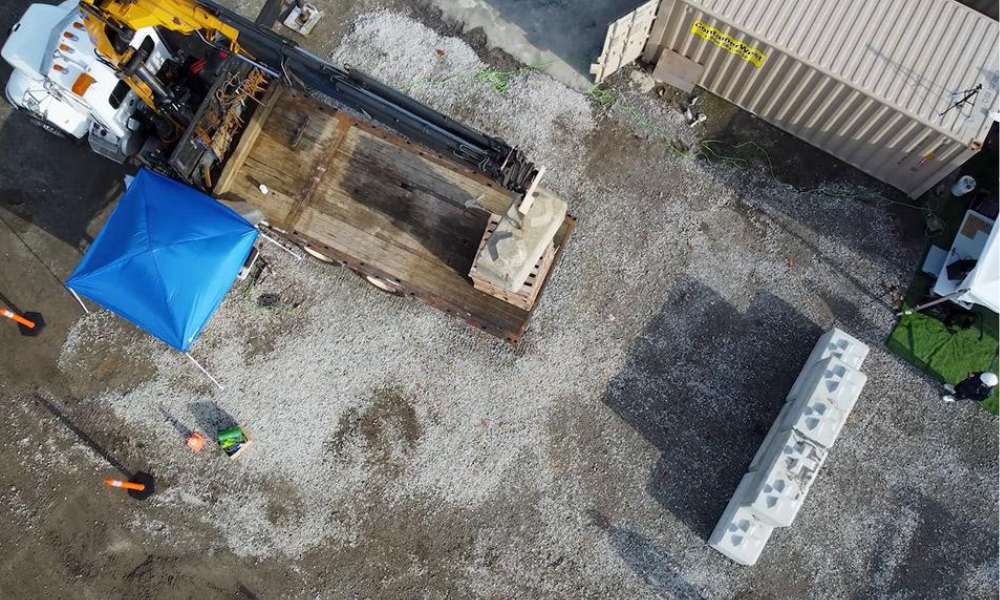UBC researchers say technology will create faster and safer construction sites

Robots powered by artificial intelligence can complete construction projects faster and safer than humans. That’s the premise fueling the work of researchers at the University of British Columbia (UBC) Faculty of Applied Science. It’s a fascinating proposition that can reduce risk in a high-hazard industry while also tackling issues around a national housing shortage and a skilled labour shortage.
"Smart construction robots have the capacity, efficiency, and safety measures to alleviate those needs,” explains Tony Yang, a professor of civil engineering and the lead researcher of the Smart Structures lab at UBC. “Robotic sensors can check a structural component 1,000 times per second and will not tire and make judgment errors."
Yang believes these AI-driven robots are poised to revolutionize the construction industry.
"When we began this project, the construction industry didn’t have intelligent robots that can handle the mess and unpredictability of construction sites. Commercially available robots, such as those designed for household cleaning or factory assembly, lack the force capacity needed to lift large structural elements like columns or beams…Our team decided to solve this problem by adding our own technology to existing construction machines and creating our own smart construction robots."
Autonomous decision-making and safety
These robots can make autonomous decisions. “If a robot is asked to build a wall and senses an unexpected obstacle, it can decide how to navigate around the obstacle and complete its task, without needing a human operator," says Yang.
The robots are equipped with advanced sensors that prioritize safety. They can detect if a human worker enters a danger zone and will instantly stop work to prevent injury.

The technology detects when workers show up within a danger zone on site and halt work to prevent injury. (Source: UBC Applied Science)
Readiness and impact on the industry
Addressing the readiness of smart construction robots, Yang disclosed, "we are working with construction companies to have robots perform precise construction on site and researching how to re-design a structure to be more modular." He emphasized their potential impact, saying, "these robots will excel at modular construction, but can also speed up individual processes in conventional on-site construction."
The future of construction sites
Yang envisions a fully digitalized future for construction sites, suggesting it could be used on some commercial construction sites within the next two years, and thinks the technology will be fully matured and deployed across construction sites in Canada within the next decade.
"The next construction era will be fully digitalized, allowing real-time monitoring of construction site activities, and knowing where machines, labour, and materials are located within a construction site at all times."
The integration of AI-powered smart construction robots promises to revolutionize construction, prioritizing safety, efficiency, and environmental responsibility. As technology continues to evolve, the construction industry is at the cusp of a transformative era, where human and machine collaboration promises to shape a safer and more productive future.





